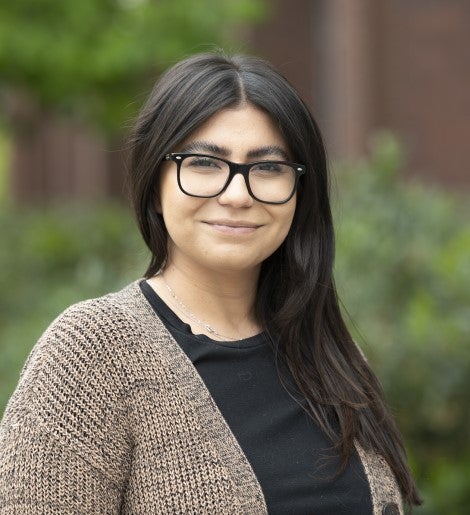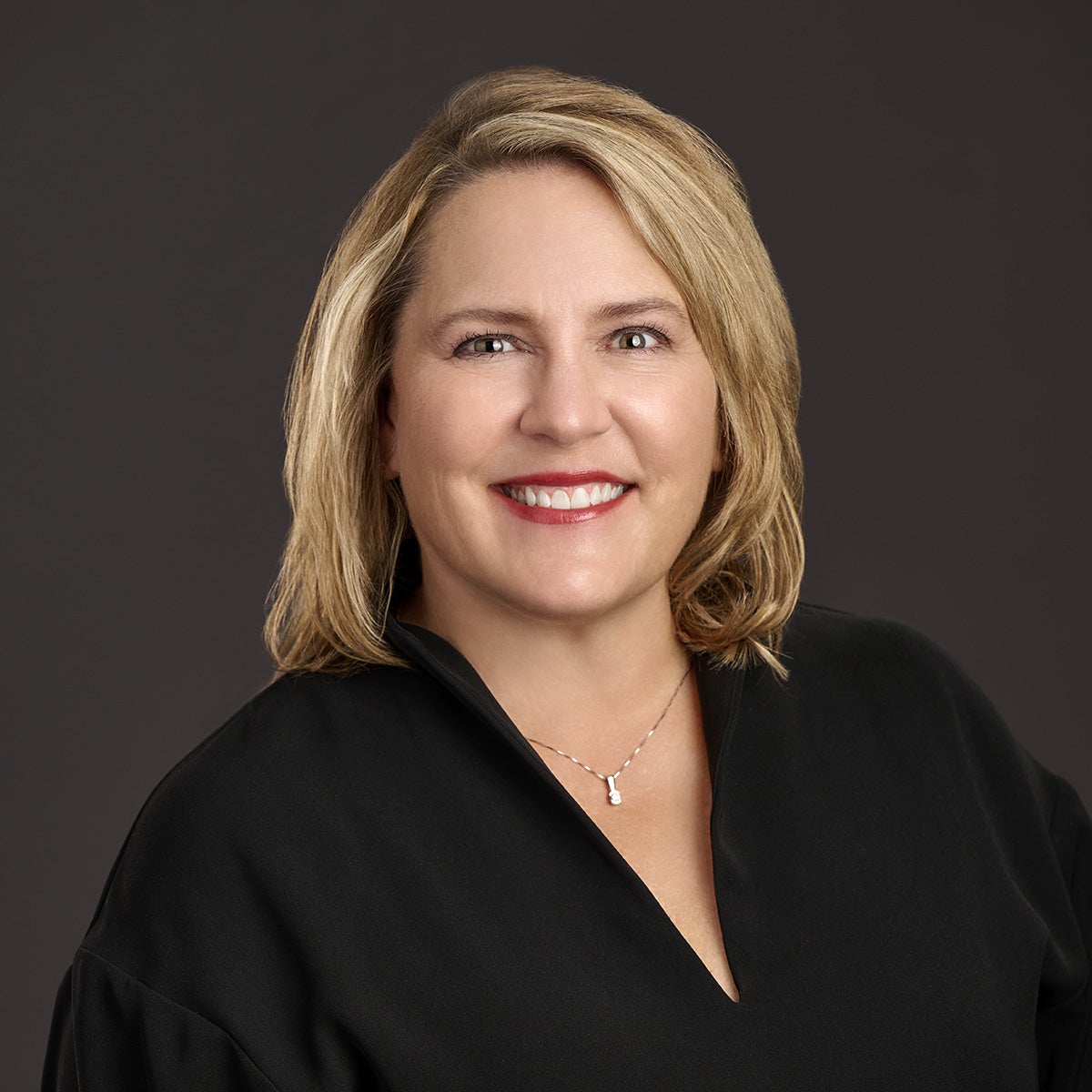Smoke from wildfires is a toxic chemical-cocktail that can cause damage far beyond watery eyes and coughing. In addition to carbon monoxide, particulate matter and other volatile organic compounds, wildfires that blaze through towns and cities also burn and release substances like lead into the air. Researchers are discovering long-term repercussions from chronic exposure, potentially including neurodegenerative diseases such as Alzheimer’s.
Students in the Translational Health Lab at Boise State are determined to use their research to find community solutions. Baccalaureate undergraduate student Julie Mauck is one of these students.
Meet Julie Mauck

As a Bridges to Baccalaureate student, Julie Mauck began her education at College of Western Idaho before she talked to Boise State lab student Rachel Kessinger. Kessinger told Mauck about the program and the opportunity to conduct research while pursuing her degree at Boise State.
“I am particularly excited to see the resilience and determination of our Bridges to Baccalaureate students at Boise State,” Montrose said. “They have endured pandemic-related setbacks in their research journey but have overcome these challenges through perseverance and adaptability.”
As Mauck learned more about the lab and its study of environmental toxicants and epigenetics, she saw a place where she could advance research around dementia.
“My dad actually had dementia before he died, so I thought that would be a really good contribution on my end, if I could help,” Mauck said.
In her role, Mauck assists Schuller’s research and conducts an ongoing project studying the influence of exercise on Alzheimer’s disease progression and what molecular mechanisms might be at play.
According to Mauck, research has been an integral part of synthesizing and applying what is taught in the classroom to address real community needs. It also fosters the ability to make connections and expand one’s worldview and sphere of influence.
“This opportunity has given me a chance to talk to other students about research. There are tons of opportunities out there, you just have to ask. If you have a real interest, then you’ll find a way to get in,”
Julie Mauck
Support students in the College of Health Sciences.
Inspired by this story? Let's chat!
-

Heather Jauregui
Senior Director of Development
-
